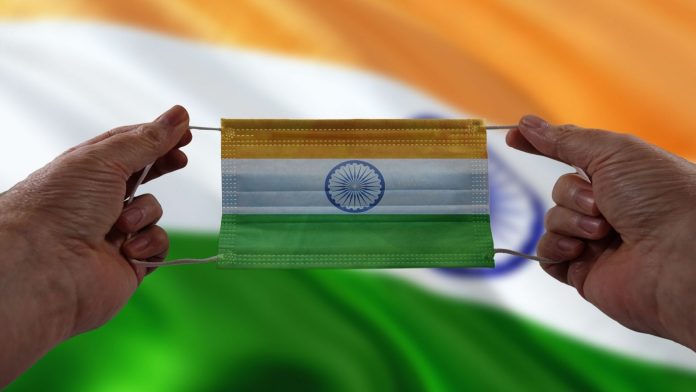- The pandemic restrictions on mobility severely affected every other sector including crucial manufacturing, services, hospitality, tourism, and other industries is a well-established fact. This forced the Indian government to push for Atma Nirbharta in critical matters rather than stay dependent on imports. Before the pandemic struck us, our profound dependence on the immediate neighbour China in every crucial aspect including critical parts, spares, and other sundry supplies of economic activities was quite evident. The campaign to emerge self-reliant when the pandemic and the ongoing conflict between Russia-Ukraine forced severe disruptions in the global supply chains was not only timely but also par for the course move.

PC: RANJIT BHUSHAN
- As you are aware, India is considered the global pharmaceutical hub for a reason. However, it is also known that the pharma industry is equally dependent on China for key active pharmaceutical ingredients (APIs) as well. There are valid concerns raised in some quarters on this key aspect. As a wave of infections sweeps China, some of the patterns are eerily familiar. Multiple media reports said that the Chinese were stocking up on basic medicines, leading to shortages. This was corroborated by an announcement that China will speed up imports of relevant medicines. Given both the scale of China’s population and the criticality of their pharmaceutical industry in the supply chain, the impact has been felt in India.
- Disconcertingly, the prices of key active pharmaceutical ingredients, which are the essential ingredients in making medicines, have increased recently by 12-15%. For the uninitiated, India had both the technical know-how and manufacturing facilities to make key APIs. However, over the last few years, China’s superior cost competitiveness undermined India’s domestic capability. Note that in 2018-19, APIs and key starting materials used in their production made up 63% of total pharma imports. Consequently, following the outbreak of Covid, the Union Government introduced a productivity-linked incentive (PLI) scheme in July 2020 to encourage domestic manufacture of a target group of 41 products, including aspirin and penicillin.

PC: Shivani Khanna
- Statistics show that till August, 51 companies had received approval under this PLI scheme to begin new plants to make APIs. However, only about 25-30% of the companies have begun manufacturing. PLI today is the flagship manufacturing scheme of GOI both in terms of public messaging and budgetary support. Despite its importance and the public health emergency India’s experienced, the pace of rollout leaves a lot to be desired. It’s hard to justify the lag in execution. Unlike semiconductors, it’s an area where the Indian industry has a track record. The lag also points to larger challenges if India has to capitalize on the move towards relocating supply chains out of China. Cost matters here and slow progress adds to it. We need to move faster here.






